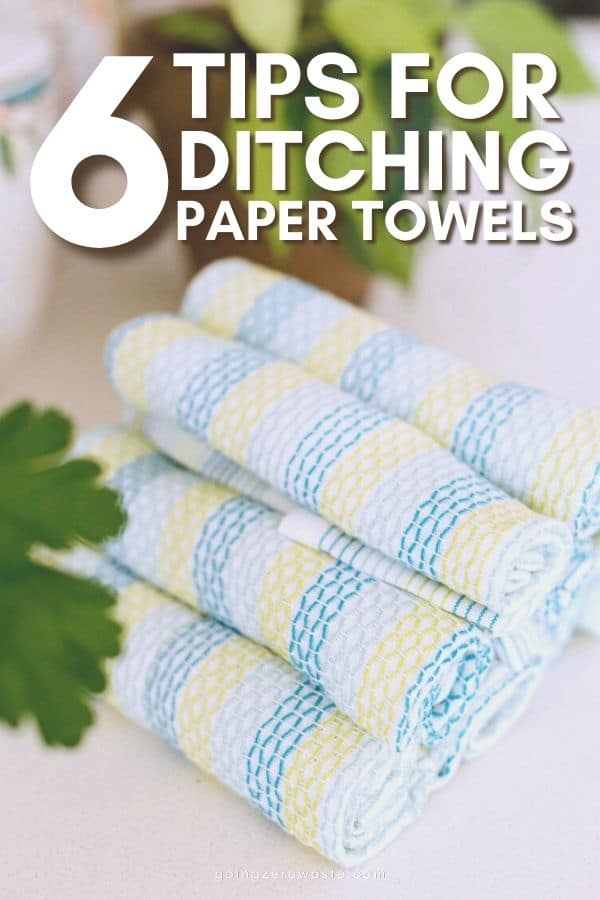To clean up blood, you should use cloth towels or paper towels. Blood is a body fluid that can carry diseases, so it’s important to clean it up properly. Cloth towels are more absorbent than paper towels and will help to remove more blood from the area.
One of the most important things to remember when cleaning up blood is to use cloth towels or paper towels. Blood can be a difficult substance to clean, and using the wrong type of towel can make the job even harder. Cloth towels are absorbent and will help to soak up any excess blood, making it easier to clean the area.
Paper towels are also absorbent, but they can be more effective at soaking up blood than cloth towels. When using paper towels, be sure to use several layers so that the blood does not seep through.
10 Mistakes You Keep Making When Washing Your Face
What’S the Best Way to Clean Up Blood
There are a few different ways to clean up blood, and the best method may depend on the amount of blood and the surface it is on. For small amounts of blood on porous surfaces, such as clothing or carpet, you can use cold water and soap. For larger amounts of blood, or for cleaning non-porous surfaces, such as floors or countertops, you can use a 1:10 bleach solution.
To make this solution, mix 1 part bleach with 10 parts water. Always test the solution on an inconspicuous area first to make sure it won’t damage the surface.
Should I Use Cloth Towels Or Paper Towels
When it comes to deciding between cloth towels and paper towels, there are a few things to consider. Cost is often the first factor that people think about, but it’s not the only one. Here are some pros and cons of each type of towel to help you make the best decision for your needs.
Cloth Towels
Pros:
1. Reusable – Cloth towels can be used over and over again, which cuts down on waste and saves you money in the long run.
Just toss them in the washing machine when they get dirty.
2. More Absorbent – Cloth towels are usually more absorbent than their paper counterparts, so they’re great for drying hands or cleaning up spills.
3. Gentle on Skin – If you have sensitive skin, cloth towels may be a better option since they’re less likely to irritate than paper towels.
4. Eco-Friendly – Since they can be reused, cloth towels are a more sustainable choice than paper towels (especially if you choose recycled or reusable options).
5.$ Conserves Trees & Pollutes Less – Every year, 15 million trees are cut down to make paper towel rolls! Not only does this damage our environment but it also takes away homes for animals.
. Furthermore, the process of making paper towel pollutes our air and water with harmful chemicals
Cons: 1. Requires Washing – Unlike paper towels, which can simply be thrown away after use, cloth towels need to be washed regularly (although how often will depend on how often you use them).
This means adding another load to your already full laundry basket! However, many newer washing machines have features that help reduce energy and water usage when doing smaller loads like this one. 2 Takes Up Space – Paper towel rolls can be stored just about anywhere since they don’t take up much space at all.
. On the other hand,, even folded up,, cloth towels can take up quite a bit of room in your cupboards or cabinets., especially if you have a large family or entertain often.. 3 May Not Be as Clean – Some people worry that because cloth towels are reused,, they may not actually get as clean as paper towel would.. While it’s true that bacteria could potentially build up on them over time,, as long as you wash them frequently (at least once a week), this shouldn’t be an issue.. 4 Can Be More Expensive – Although they cost less in the long run since you don’t have to keep buying new ones,, upfront,,cloth towels can sometimes be more expensive than paper., especially if you opt for higher-quality options.. 5 May Require Special Care – Depending on what material your cloth towel is made out of,, it may require special care when laundering , such as air drying or using a delicate cycle., Again,, this just adds another step (and potential expense) to using these types of towels.. So there ya go! Now that we’ve looked at both sides,,,,which would YOU choose:paper or cloth?
How Do I Dispose of Blood-Soaked Materials
There are a few different ways to dispose of blood-soaked materials. The most important thing is to make sure that the blood is not able to spread any further and cause infection.
One way to dispose of blood-soaked materials is to incinerate them.
This is the most effective way to kill any bacteria or viruses that may be present in the blood. Another way to dispose of blood-soaked materials is to bury them. This will prevent the blood from coming into contact with anyone or anything else.
If you have any questions about how to dispose of blood-soaked materials, please contact your local health department or waste management company.
What If I Get Blood on My Skin
If you get blood on your skin, it’s important to clean the area as soon as possible. Blood can carry bacteria and other germs that can cause infection. To clean the area, use warm water and soap.
Gently scrub the area for a minute or two. Rinse well and dry with a clean towel. You may also need to disinfect the area with an antiseptic solution such as hydrogen peroxide or alcohol.
If the wound is bleeding heavily, apply direct pressure to stop the bleeding. Once the bleeding has stopped, cover the wound with a sterile bandage or gauze pad.
Is It Safe to Clean Up Someone Else’S Blood
If you come into contact with someone else’s blood, it is important to take precautions to avoid coming into direct contact with the blood and to clean the area thoroughly afterwards. Blood can contain harmful viruses and bacteria that can cause serious illness or even death. If you have an open wound, it is especially important to avoid coming into contact with someone else’s blood as this could lead to infection.
If you do come into contact with someone else’s blood, it is important to wash your hands immediately with soap and water. You should also clean any affected areas of your skin with soap and water. If the blood has got onto your clothes, you should remove them and wash them as soon as possible.
It is also a good idea to disinfect any surfaces that have been in contact with the blood using a bleach-based cleaner.


Credit: www.papernstitchblog.com
Conclusion
If you’re cleaning up blood, it’s important to use cloth towels or paper towels rather than a sponge. Blood can carry diseases, so you don’t want to risk getting sick by using a sponge that could have been contaminated. Cloth towels and paper towels will absorb the blood and prevent you from coming into contact with it.

